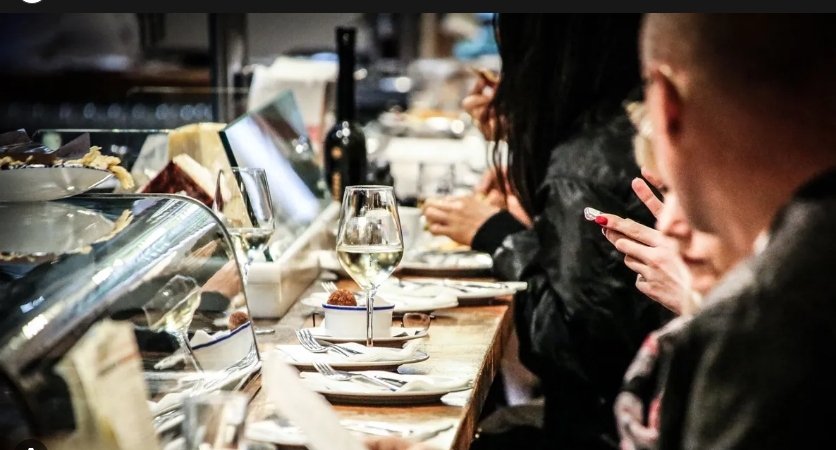A new restaurant controversy in Barcelona has been sparked by an unusual regulation that prohibits solo dining and requires diners to eat in company.
This measure, adopted by several venues in the city, seeks to encourage a more social dining experience and prevent individuals from feeling uncomfortable or lonely during their meal.
The controversial initiative has divided community opinion. On the one hand, some consider that this restriction violates their personal freedom, as they should be free to decide whether they wish to enjoy a dinner alone or accompanied.
They argue that each individual should have the right to choose without the need for justifications.
On the other hand, there are people who support the regulation and see it as an opportunity to combat loneliness and create a friendlier environment in restaurants. They argue that dining alone can be a lonely and unsatisfying experience, and that sharing a meal with others can be enriching and socially rewarding.
Ultimately, this new regulation has generated a debate about the relationship between individual freedom and the sense of community in public spaces, especially in the context of gastronomy.
While some clamor for their right to autonomy, others applaud the idea of building connections through shared food.
New restaurant regulations in Barcelona: the debate on accompanied dining
The ban on dining alone has led to heated debate. While some argue that this measure promotes social interaction and enhances the dining experience, others see it as a restriction on individual freedom.
It is undeniable that each individual should have the right to decide with whom they wish to share their dinner, and restaurants should strike a balance that respects both individual preferences and socialization needs.
This trend of limiting individual dinners is not exclusive to restaurants; some downtown bars have also adopted this practice, prioritizing large groups, mostly composed of tourists.
This discrimination against people wishing to enjoy time alone intensified after the constraints of the pandemic, when facilities had to reduce their capacity.
Although these restrictions have now been relaxed in many places, some bars still maintain the policy of giving preference to groups to optimize space.
The situation has generated complaints from local residents, who feel that they are being displaced by the influx of tourists.
Some establishments have even limited the possibility of ordering a soft drink at times when previously there were no restrictions.
This adaptation to tourist schedules has negatively affected local inhabitants, especially in highly touristic areas such as Poble Sec or Eixample.

